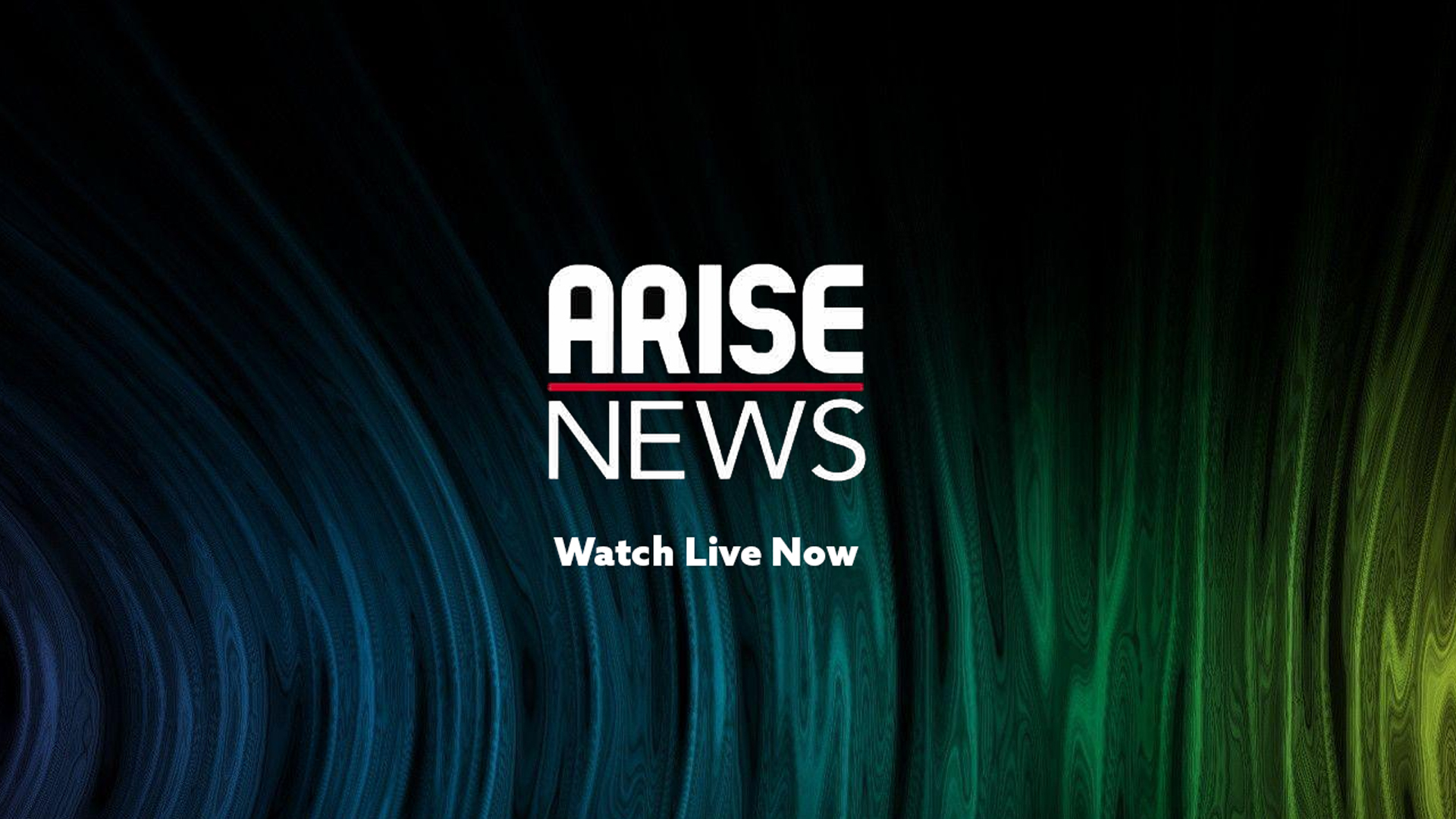Nigeria paid a total sum of $3.503,509,331.53 to service its external debt stock of $42.495 billion between January and December 2023, the latest data from the Debt Management Office (DMO) indicate.
Of this figure, commercial loans (Eurobond) accounted for 55 per cent or $1,925,210,931.71 service cost during the review period.
This was followed by multilateral debt service costs of $1.2 billion or 35 per cent.
Multilateral debts are those owed to the World Bank Group, International Monetary Fund (IMF), African Development Bank (AfDB), Islamic Development Bank, and European Development Fund, among others.
Bilateral debt service costs for the period, encompassing loans by the China EximBank, Japan International Cooperation Agency (JICA), and German Agency, among others, amounted to 10 per cent or $344 million.
In the fourth quarter, between October and December 2023, over $943 million was paid to service external debt.
Multilateral institutions comprising the World Bank Group, International Monetary Fund (IMF), African Development Bank, Islamic Development Bank, and European Development Fund, among others, accounted for $552,120,970.71 or 59 per cent of the total external debt service cost for the last quarter of 2023.
Commercial loans (Eurobond) accounted for 39 per cent of the debt service cost for the quarter at $363,969,530.10 while bilateral debt service cost stood at 3 per cent or $27 million.
The just-released data from the DMO revealed that the nation’s total public debt stock, comprising debt owed by the federal government, states and the Federal Capital Territory (FCT) increased quarter-on-quarter (QoQ) by 10.7 per cent from N87.87 trillion in the third quarter of 2023 to N97.34 trillion in the fourth quarter of last year (Q4 2023).
The N97.3 trillion public debt stock comprises domestic debt of N59.12 trillion and external debt of N38.22 trillion.
This translated to an increase of N9.43 trillion over the comparative figure for September 2023, which the DMO attributed largely to new domestic borrowing by the federal government to part-finance the deficit in the 2024 Appropriation Act and disbursements by multilateral and bilateral lenders.
“There was an increase of N9.43 trillion over the comparative figure for September 2023 which was largely due to new domestic borrowing by the FGN to partly finance the deficit in the 2024 Appropriation Act and disbursements by multilateral and bilateral lenders.
“At N59.12 trillion, total domestic debt accounted for 61 percent of the total public debt stock while external debt at N38.22 trillion accounted for the balance of 39 percent.
“Consistent with the debt management strategy, Nigeria’s external debt stock was skewed in favour of loans from multilateral (49.77 per cent) and bilateral lenders (14.02 per cent) or a total of 63.79 percent which are mostly concessional and semi-concessional.
“Whilst the DMO continues to employ best practice in public debt management, the recent and ongoing efforts of the fiscal authorities to shore up revenue will support debt sustainability,” the DMO explained.
Ndubuisi Francis
Follow us on:

















